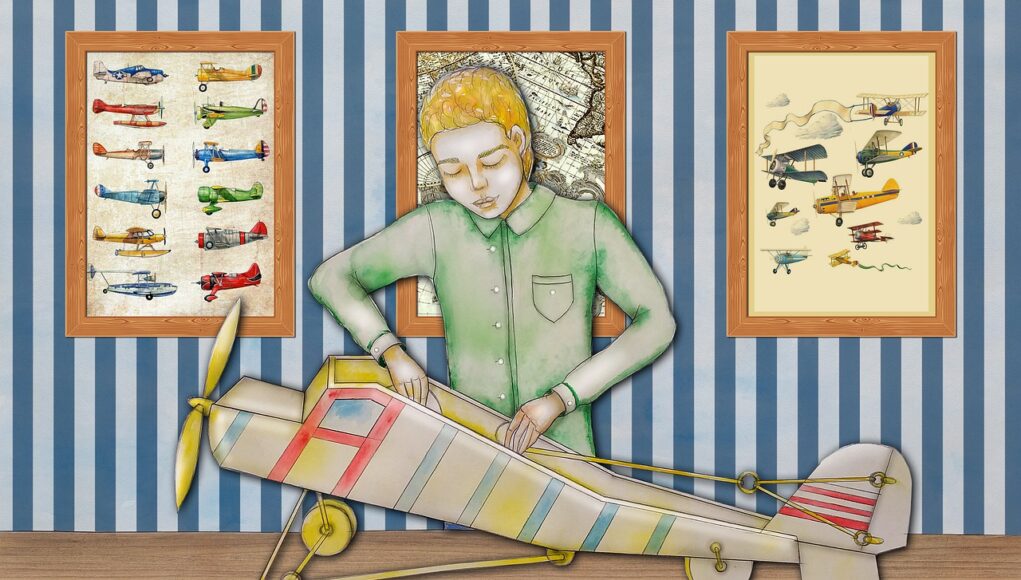The Oxford Dictionary definition of the word “hobby” is,
“An activity done regularly in one’s leisure time for pleasure”.
But at the rate we’re going, that definition may soon change. All over the world, young men and women are starting to turn to their hobbies for financial restitution. This unfortunate development has occurred as a result of both the capitalist mentality and an economy that leaves much to be desired.
With fewer employment options available and a steadily decreasing global minimum wage, finding work that is both fulfilling and financially viable has become a challenge which unites many of the Millennials and older Gen Z crowd of today. People are no longer using hobbies such as watercolour painting, sewing, baking or pottery as a means for leisurely “down time”, but rather as a means for making a living.
The Unsustainable Loop
While there is absolutely nothing morally wrong with choosing to turn your hobby into a practise which generates income, the tragedy of this situation is that so many people are being robbed of the joy which is stimulated by a well-formed creative hobby that sits firmly (and comfortably) outside of their regular work routine.
Separating play from work is one of the most useful approaches to living a balanced life, providing your mind and body with the opportunity to exercise different disciplines and really become absorbed in the task at hand – whether that task is calming and fun, or focussed and energy depletive.
Trying to force something which naturally brings you joy and relaxation into becoming a systemic workhorse typically results in rapid burnout and can quickly foster resentment towards the very thing that once made you happy. This unsustainable loop is the danger involved in hobby monetisation – so why are people doing it?
Nowhere Else to Turn
There are multiple reasons why people are turning to hobby monetisation for support, and all of them are painfully valid.
- Less work opportunities
- Inadequate minimum wages
- Unrealistic job requirements/standards that even graduates are unable to meet
With fewer work options available to young people, the decision to attempt turning a favourite hobby into a small business in the real world or online is extremely tempting – and may even be more financially viable in the long run – if you can keep it up. The mental and emotional toll that personal hobby monetisation takes on a person of any age is huge, and means that the opportunity to wind down after work with a relaxing or creative activity no longer exists – because that activity was your work.
Respect for the Hustlers
This information is the best guide and is not intended to dishearten all of the young creatives out there who wish to work by doing what they love, but rather to spread awareness for the recent development of hobby monetisation and provide information about why it happening.
Modern culture is a hustling culture, and it is very likely that the lack of access to well-earning, reasonable jobs will give birth to a new wave of individuals who will evolve to overcome the stress of balancing what they love with what sustains them – in fact, it may already have.









